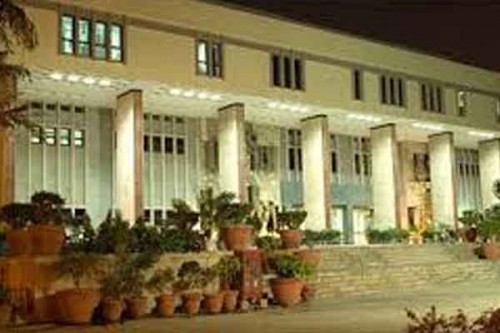HC posts PIL against appointment of Delhi Govt's Director of Prosecution for May 10, lists it with matter against Alka Goel

New Delhi, May 8 (IANS) The Delhi High Court on Wednesday posted for May 10 a PIL challenging the appointment of Rama Kant Pandey, the Director of Delhi Government's Directorate of Prosecution, as illegal and invalid.
The High Court has also listed it with a similar Public Interest Litigation (PIL) wherein appointment of former Director (Prosecution), Alka Goel, has been challenged as illegal.
The PIL, which is filed against Rama Kant Pandey, Delhi Government through Chief Secretary, Principal Secretary (Home), and Union Public Service Commission, has been moved by Andy Sehgal and Chiranjit Singh Bisht – Public Prosecutor, Delhi Police Academy and Public Prosecutor, Directorate of Prosecution, respectively.
Sehgal and Bisht have alleged that Pandey’s appointment as Director is not in consonance with the statutory provision as provided under Section 25A of the CrPC.
The section states that a Director of Prosecution shall be in practice as an advocate for not less than 10 years and that such an appointment shall be made with the concurrence of the Chief Justice of the High Court.
The PIL has been filed through Advocate Sarvesh Singh. Sehgal has also challenged the Director (Prosecution) Recruitment Rules, 2021, as being illegal and ultra vires to the statutory mandate of Section 25A of the Code.
He has sought the court's direction to appoint a suitable person to the post of Director (Prosecution) as per the law and for the prestigious Directorate of Prosecution to be run by a duly-appointed competent, unbiased and good administrator.
In his plea, Sehgal has said that there is no transparency and there was no open call for applications or advertisement for appointment to the post of Director of Prosecution.
He also submits that the appointment process is entirely "arbitrary and opaque" and completely violative of rule of law.
Sehgal and Bisht have highlighted the incompetency of Pandey, wherein he has displayed lackadaisical approach in administrative matters by keeping important files/applications pending, unnecessarily causing delay in administrative decisions.
Moreover, it has also been pointed out that a biased transfer order dated April 16 was issued in violation of the Transfer Policy, reflecting nepotism.
The petitioners have relied upon recent judgments of the High Courts of Allahabad, Andhra Pradesh and Karnataka, besides verdicts of the Supreme Court to support their matter.

|

|

